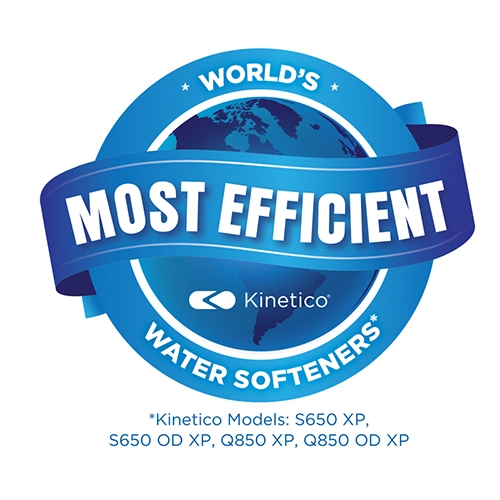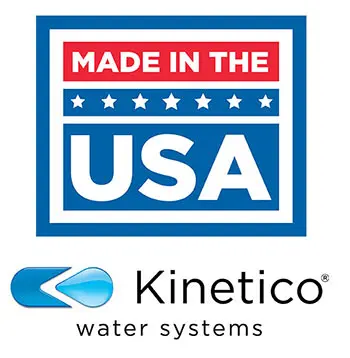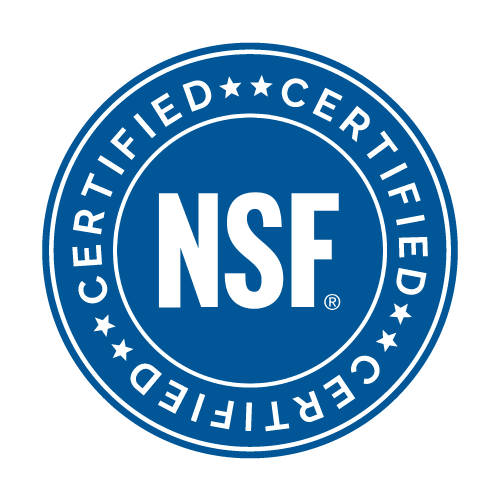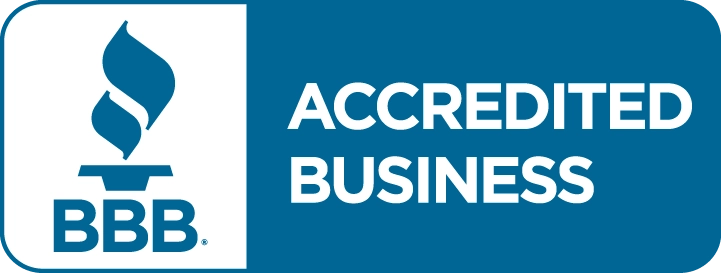How much is a Filtration System for Well Water?
99% Client Satisfaction
Industry Leading Warranty
Family Owned & Operated
Emergency Services
Financing Available
How Much is a Filtration System for Well Water?
Well water can contain high levels of contaminants that may include industrial and agricultural pollutants, heavy metals and bacteria. Unlike municipal water, well water isn’t treated and it’s unwise to consume it raw unless you are absolutely certain it contains nothing that will harm you.
Before buying and installing a system, you need to know what your well water contains. This will enable you to select the most appropriate well water filtration system and take all factors into account to answer the question ‘How much is a filtration system for well water’?
Calculating your Lifetime Cost
The cost of a system depends on the type and capacity you need and how long you use it. The lifetime cost is made up of:
- Purchase cost.
This can range from $50 for a sediment filter up to more than $8,000 for a whole-house reverse osmosis system. The former removes only particles of dirt while the latter can eliminate over 90% of contaminants including most metals, chemicals and pathogens.
In between are tank-based systems where water is filtered through media, cartridge systems that have several filters, oxidation systems that oxidize iron, sulfur and manganese, chemical injection systems to disinfect water and UV purifiers to counteract viruses and bacteria.
Reverse osmosis systems are the most expensive but the most effective while cartridge systems are very popular. Many systems comprise a combination of methods to deal with several problems, but this will depend on water content. If your water is hard, you can include a water softener and a whole house system will be the most complete solution.
- Installation cost.
You may be able to install some systems yourself and so may pay only tens of dollars, certainly less than $200, for additional tools and fittings. If you’re not confident or the system is complicated, professional installation is essential. This can cost up to $2,000 depending on the size and complexity of the installation, with some installers charging a flat fee while others charge hourly. To be absolutely certain of cost, an all-inclusive fee to supply and install the equipment is often the best option.
- Maintenance cost.
In line with purchase costs, reverse osmosis systems are the most expensive to run at anything up to $800 annually. This is for replacement filters each year and a new membrane every two years, plus the cost of waste water produced. UV purifiers are the cheapest at less than $100 a year for bulb and sleeve replacement, with acid neutralizers being comparable for electricity and calcite replenishment. All the others can be in the range $150-450 annually for refills and replacements.
Ensuring you Get Value for Money
The most cost-effective and efficient system will result from a free water test because that will identify the problems and therefore determine the solution. A whole house system is generally best since it means all your water is pure.
Kinetico systems don’t use electricity but depend on water pressure to work and so avoid energy costs. They’re also known to be extremely reliable and durable so they’re less likely to let you down and incur maintenance costs and they use no chemicals that harm the environment. And, since we carry out a full assessment of your needs and put together a system with everything you need, including installation, you’ll not have any unexpected shocks and will know the full cost from the outset.
When it all comes down to it, you can’t really put a price on the health of your family.








